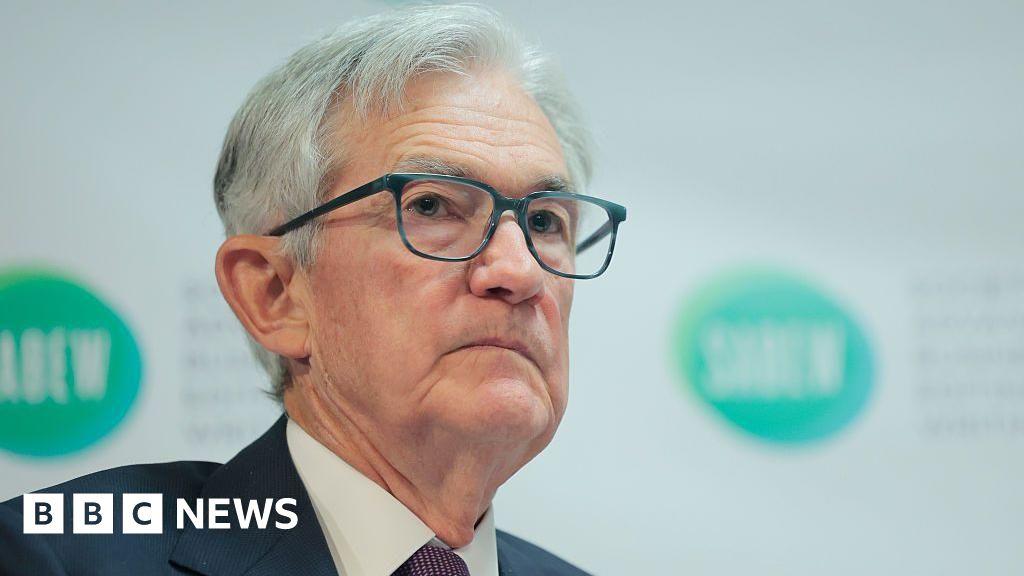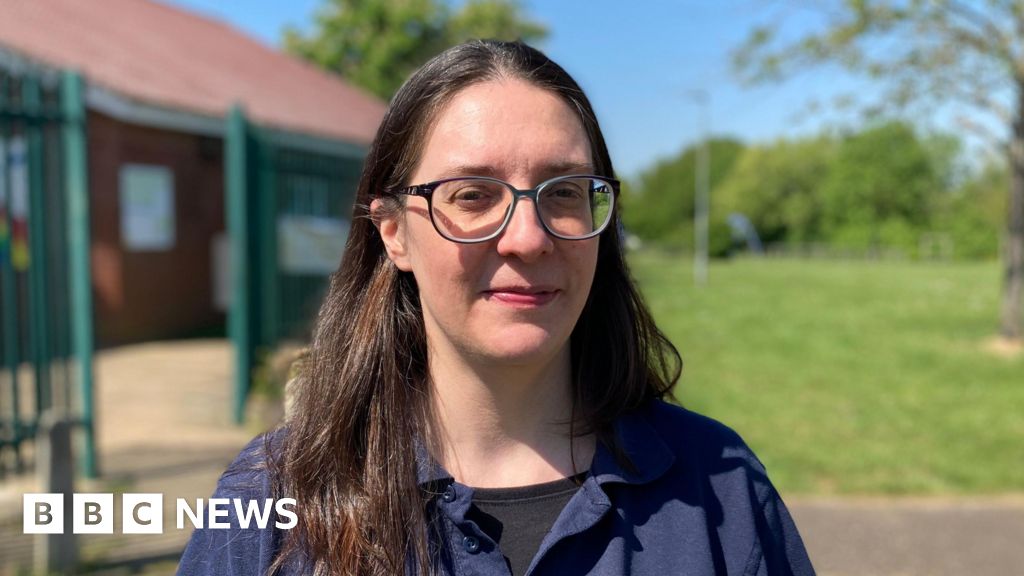Receive free Armenia-Azerbaijan conflict updates
We’ll send you a myFT Daily Digest email rounding up the latest Armenia-Azerbaijan conflict news every morning.
Ethnic Armenians began to flee the breakaway enclave of Nagorno-Karabakh on Sunday as Azerbaijan moved to assert control after a short, deadly military assault that defeated the area’s separatist leadership.
The wave of refugees is expected to grow, as the 120,000-strong ethnic Armenian population of the fiercely independent south Caucasus region reels at the prospect of being fully absorbed into its historic enemy Azerbaijan.
At least 200 people were killed and 400 more injured during Azerbaijan’s 24-hour assault last week, according to officials. The enclave, which is internationally recognised as part of Azerbaijan, has in effect been held by Armenia or local Armenian leaders since the collapse of the Soviet Union.
A ceasefire was brokered swiftly after the latest attack and the separatist forces of Nagorno-Karabakh agreed to disband, surrender their weapons to their longtime adversary and begin talks in the Azerbaijani town of Yevlakh.
Hikmet Hajiyev, an Azerbaijani official and adviser to the president, told the Financial Times after last week’s operation that Baku plans to fully absorb and integrate Nagorno-Karabakh, giving it no special autonomous status within Azerbaijan and granting citizenship to its residents.
He also said Baku was envisaging an “amnesty” for all Nagorno-Karabakh residents who served in separatist forces or with the Armenian army, a majority of the male population. But he said that would not extend to “criminals, who have . . . used crimes against humanity and war crimes against Azerbaijani civilians. That is a separate story.”
But Nikol Pashinyan, Armenia’s prime minister, said in an address to the nation that Armenians in Nagorno-Karabakh would see “exile from their homeland as the only way to save their lives and identity” in the face of what he claimed were Azerbaijani attempts to pursue ethnic cleansing.
A total of 377 refugees had arrived in southern Armenia by 6pm local time on Sunday, according to Armenian authorities cited by local website CivilNet. Nagorno-Karabakh’s leaders said anyone wanting to leave the enclave for Armenia would be accompanied by Russian peacekeepers.
Russia, traditionally Armenia’s regional biggest backer, stationed more than 2,000 peacekeeping troops in the area under a 2020 deal that had been brokered by President Vladimir Putin.
But amid deteriorating relations between Yerevan and Moscow after Pashinyan swept to power in the 2018 ‘velvet’ revolution, Russia failed to come to Armenia’s aid during the war.
During last week’s Azerbaijani assault, Russia’s peacekeepers did not intervene. Moscow also reacted with restraint when five of its peacekeepers were accidentally killed by Azerbaijani forces after the attack, prompting President Ilham Aliyev to apologise to Putin.
The Kremlin instead blamed Pashinyan’s attempt to broker a separate peace with help from the US and EU for Armenia’s predicament and said Azerbaijan was entitled to carry out military operations on its own territory.
“The security blocks and allies, on whom we have long relied, have set a goal to show our vulnerability and make it impossible for the people of Armenia to have an independent state,” Pashinyan said in his address, without naming Russia directly.
Credit: Source link











